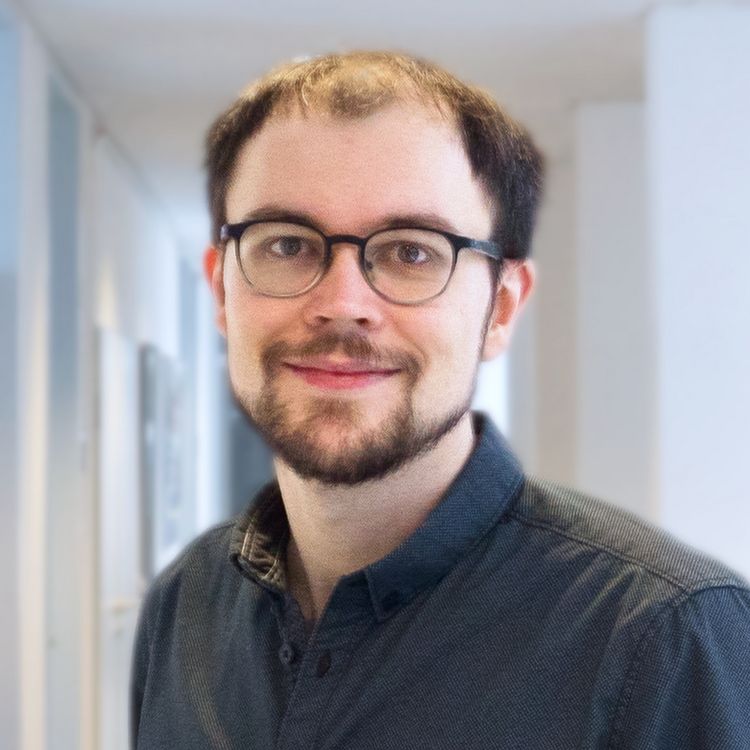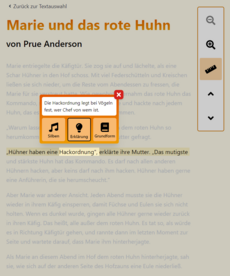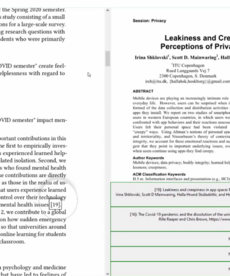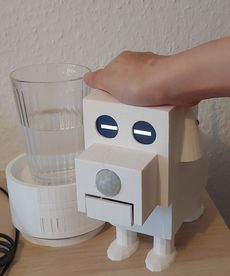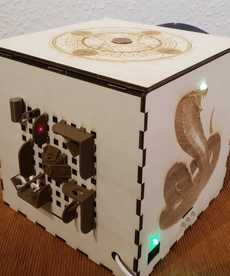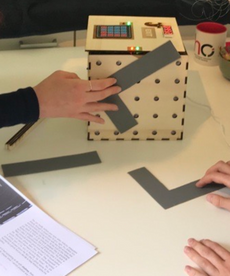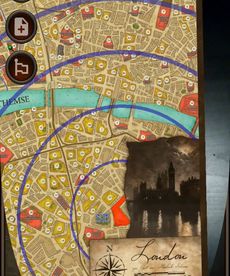Tobias Lunte
Tobias Lunte
Tobias is a PhD student and research assistant in the Department of Media Informatics and Multimedia Systems at the University of Oldenburg. He obtained his M.Sc. in Engineering of Socio-Technical Systems here in 2020. His master's thesis was selected as best thesis in the field of Computer Science by the OLDIES e.V.
In his free time, Tobias enjoys hosting board game nights, taking on small DIY projects and biking in and around Oldenburg (at least in summer).
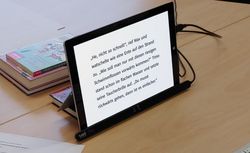
In the area of Assisted Reading, Tobias is researching new ways to support children individually in their reading learning process. For this purpose, the child's gaze behaviour is recorded in real time in order to gain insight into the reading process. The development of these heuristics, necessary for the reliable interpretation of the reading process from the gaze behaviour, forms the first pillar of his research.
Based on these insight into the reading process, various possibilities are investigated to directly recognise emerging reading difficulties and to support the child in overcoming them. The development of appropriate and targeted support, in cooperation with parents, speech therapists and affected children, represents the second research focus.
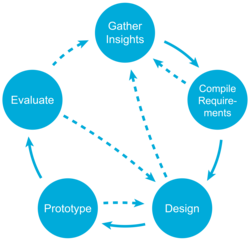
In teaching, Tobias organises and teaches both practical and theoretical modules for Bachelor and Master students. In the course of the digital summer semester 2020, he helped to develop a concept for the distributed implementation of a practical hardware-related HCI course, the Maker's Lab, which was nominated for best course of 2019/20. In addition, he has restructured the courses Interactive Systems (BSc) and Human-Computer Interaction (MSc) and embedded them into a comprehensive framework for teaching the basics of HCI.
In teaching, he focuses on ethnographic methods of requirements elicitation, application of Gestalt principles in design and the use of quantitative methods in evaluation. In practical courses, Tobias supervises projects in the areas of Gaze Tracking, Physical Computing and Augmented Reality.

